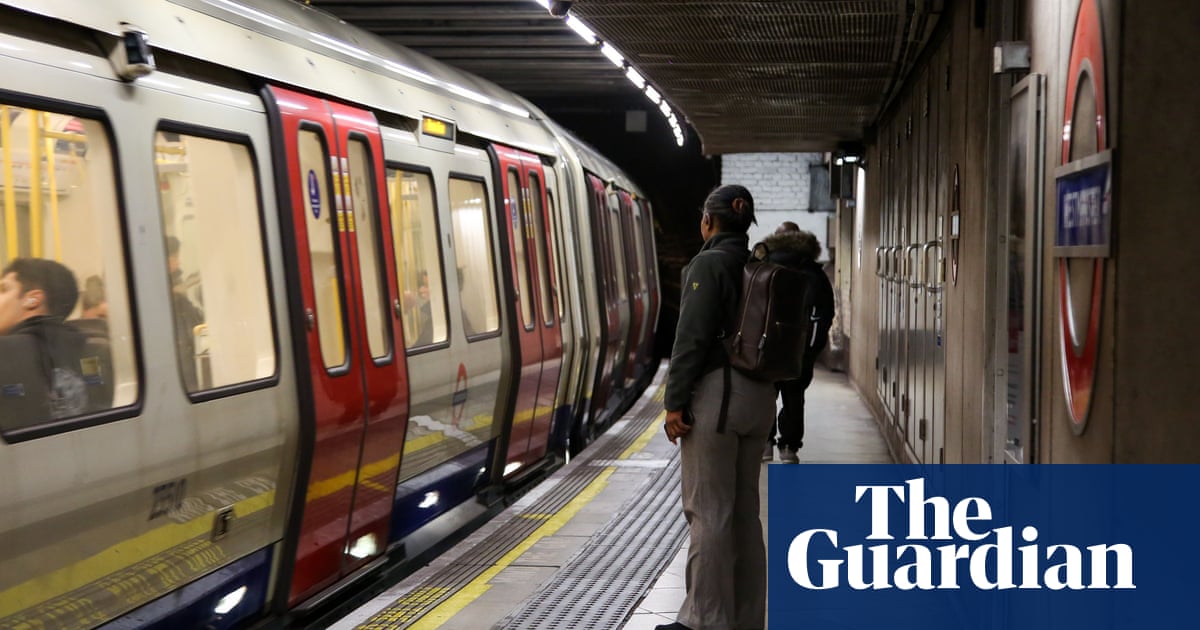Transport for London (TfL) has banned adverts from the charity Save The Children calling for thetwo-child limiton universal credit and child tax credit to be scrapped, deeming them in breach of its bar on “political” advertising.
The adverts, designed to look like a train departure board, carry the message: “By the time you get to work another child in the UK will be dragged into poverty.”
They were due to run in Westminster underground station to coincide with the government’s comprehensive spending review due on 11 June.
After the adverts were initially rejected, the charity changed a strap line from “time for the UK government to scrap the two-child limit” to “it’s time to scrap the two-child limit,” but this was also rejected by the transport body.
The two-child limit, introduced by the Conservative government in 2017, means parents are unable to receive universal credit or child tax credit for more than two children.
Analysis by the End ChildPovertyCoalition has shown that the cap is a “key driver of child poverty” in the UK, and the Child Poverty Action Group found that scrapping the cap would lift 350,000 children out of poverty.
According to Save The Children, an average of 109 children a day arepulled into povertyby the limit – equivalent to one every 13 minutes.
Save TheChildrenwas told the adverts had been rejected for falling foul of TfL’s ban on party political advertising.
However, adverts by the housing charity Shelter, urging the chancellor, Rachel Reeves, to invest in social housing, were accepted and ran earlier this spring.
Meghan Meek-O’Connor, policy lead on child poverty at Save the Children UK, said: “It is deeply disappointing that telling the truth about child poverty in this country should be seen as controversial or indeed political.
“We understandTfLhave a difficult line to tread when approving or rejecting advertising on the underground. But in our eyes this advert is far less controversial than other adverts it has approved.”
Sign up toFirst Edition
Our morning email breaks down the key stories of the day, telling you what’s happening and why it matters
after newsletter promotion
“We won’t stop raising our voice to ensure that every child has the support they need to develop to their full potential,” she added. “It shouldn’t be controversial to tell the public that the two-child limit keeps children in poverty, and the situation is getting worse.”
Last week TfLreversed a banon adverts from the British Pregnancy Advisory Service (Bpas) charity, after an intervention from the London mayor, Sadiq Khan.
The posters called on people to lobby their MP to vote in favour of decriminalisation of abortion, and were initially rejected for bringing the Metropolitan police into disrepute.
TfL has been approached for comment.
